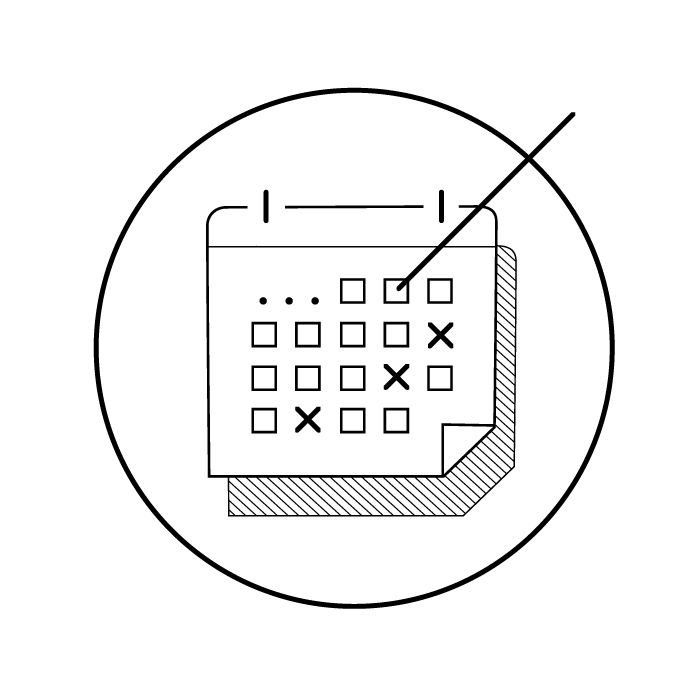 Conference
Conference
Afterlives of Empire
How Imperial Legacies Shaped European Integration
Conference
12-14 June 2024
Convenors: Alexander Nützenadel (HU Berlin) & Heike Wieters (HU Berlin)
Venue: German Historical Institute London
Recent historical research has turned our attention to the importance of imperial and colonial legacies for the process of European Integration. Most studies, however, have focused on the founding phase of the EEC, while the long-term legacies of Empires have rarely been considered. Moreover, it has been overlooked that the EU’s expansion over the years brought new member states with different imperial traditions into the EU, including the United Kingdom (1973), Spain and Portugal (1986), and the Eastern European countries after the downfall of the Soviet Empire. Hence, the history of the EEC/EU was closely intertwined with the dissolution of Empires, not only in the beginning, but also in later phases and more recent times.
This conference aims to explore the afterlives of Empires from a interdisciplinary and comparative perspective. It will bring together scholars from history, the social sciences, economics, and regional studies to start a dialogue about the historical impact of past Empires on the process of European Integration.
The concept of ‘legacies’ is used in a broad sense. First, we look at the persistence of economic structures, social elites, migration networks, knowledges, and bureaucratic practices which often survived the formal termination of Empires and continued to exert a strong influence on post-imperial orders. Second, we will explore conflicts that result from EU membership which was often seen as an alternative to past imperial orders and belongings. Third, we analyze how the EEC/EU developed strategies to compensate new member states for their loss of imperial structures, for example by granting former colonies favorable trade conditions or through credit schemes benefitting underdeveloped regions at the European periphery. Fourth, we are interested how collective memories of Empire were reactivated and used in political debates, often decades after their formal dissolution – not least, narratives of Empire underpinned rising Euroscepticism during the past decades. Fifth, we will reconstruct debates about how the EEC/EU itself developed structures that resembled older Empires.
Conference programme (PDF file)